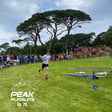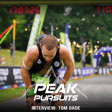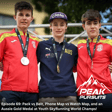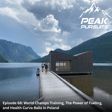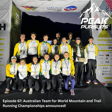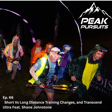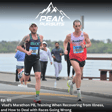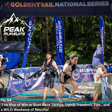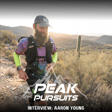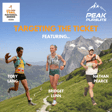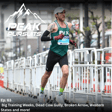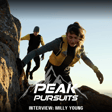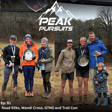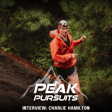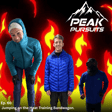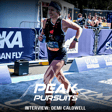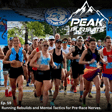
Quinton Gill Post-Race Interview: 2025 UTA 100 mile
We’re joined by the UTA 100 mile 2nd place Quinton Gill to unpack his race from start to finish.
Hear how it played out, what shaped their performance, and where they’re headed next. Enjoy a front-row seat and an inspiring look into one of this year’s standoutpodium battles
***Don’t forget, use code PPP at Bix’s website for 20% off Bix products, exclusive to PPP listeners!***
Thanks for tuning in to Peak Pursuits! Connect with us on Instagram @peakpursuits.pod to share your thoughts, questions, and trail stories. Until next time, keep hitting the trails and chasing those peak pursuits!
Follow James: Instagram | Strava
Follow Quinton Gill: Instagram
Music from #Uppbeat (free for Creators!):https://uppbeat.io/t/mood-maze/trendsetter
License code: K08PMQ3RATCE215R

